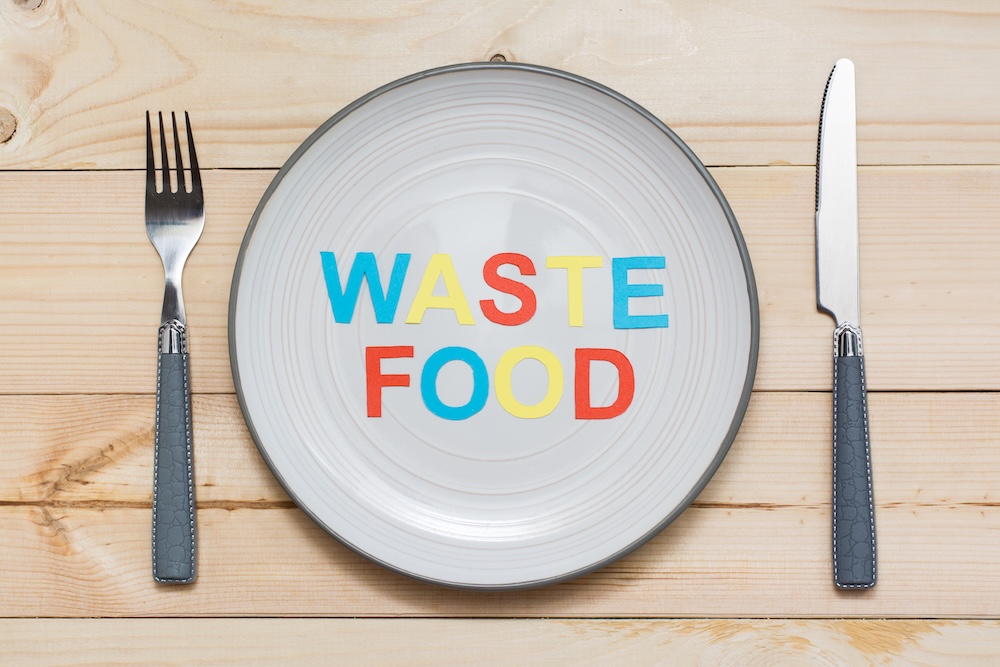Why Food Waste Matters
Every year, around one-third of all food produced globally goes uneaten. That’s nearly 1.3 billion metric tons of food wasted — along with the land, water, and energy used to produce it. Wasted food doesn’t just mean empty stomachs in a world where millions go hungry; it also means more greenhouse gas emissions. When food ends up in landfills, it decomposes and produces methane, a gas far more potent than carbon dioxide in driving climate change.
Addressing food waste is about more than saving money — it’s about protecting ecosystems, reducing emissions, and ensuring that resources are used wisely.
The Environmental Toll of Food Waste
- Greenhouse gases: Food waste in landfills contributes about 8–10% of global greenhouse gas emissions.
- Water use: Roughly one-quarter of the world’s freshwater is used to grow food that is never eaten.
- Land use: Vast areas of farmland, often cleared from forests, are used to grow surplus crops, leading to deforestation and biodiversity loss.
- Energy and labor: Every step — planting, harvesting, processing, transporting — consumes resources that are wasted when food isn’t eaten.
Causes of Food Waste
On the Farm
- Weather extremes, pests, and diseases reduce yields.
- Crops are often rejected for not meeting cosmetic standards (too small, oddly shaped, or blemished).
During Processing and Distribution
- Inadequate refrigeration or poor storage facilities spoil food before it reaches markets.
- Long-distance transport increases losses in perishable goods.
- Overproduction by suppliers leaves surplus food unsold.
At the Consumer Level
- Buying more than needed, leading to spoilage.
- Confusion over “sell by” and “best before” labels.
- Improper storage and lack of meal planning.
Solutions: Tackling Food Waste at Every Level
1. Smarter Shopping & Cooking
- Plan meals and buy only what you need.
- Store food properly (keep herbs in water, onions in cool dark spaces, etc.).
- Learn creative recipes to use up leftovers and “scrap cooking” techniques (e.g., making broth from vegetable peels).
2. Rethinking Expiration Dates
- Understand that “best before” often refers to quality, not safety. Many foods are still safe to eat past their date.
- Trust your senses — smell, taste, and sight — before discarding.
3. Redistribution & Sharing
- Support or volunteer with food banks and community fridges.
- Advocate for local businesses to donate surplus food instead of discarding it.
4. Composting What’s Left
- Composting food scraps keeps waste out of landfills and returns nutrients to the soil.
- Even apartment dwellers can try bokashi bins or community compost drop-offs.
5. Policy & System-Level Change
- Advocate for clearer food labeling laws.
- Support policies that incentivize businesses to donate food.
- Encourage investment in cold-chain infrastructure in regions where storage and transport cause major losses.
A Ripple Effect: Why Small Actions Matter
Each meal saved from the bin has a bigger impact than most people realize:
- Saving one kilogram of beef from waste prevents up to 60 kg of CO₂ emissions.
- Saving a loaf of bread conserves the water used to grow about 1,000 liters worth of wheat.
When households, businesses, and communities each take steps, the collective impact can reshape our food system into one that values resources and reduces unnecessary waste.
Final Thoughts
Combating food waste is one of the most immediate and impactful steps we can take toward a sustainable future. It reduces emissions, conserves water, saves money, and ensures that more people have access to food.
Every small shift matters: from composting kitchen scraps to supporting circular systems that turn surplus into shared meals. If reducing food waste becomes a collective habit, the ripple effect will be profound — healthier ecosystems, stronger communities, and a more sustainable relationship with the food we grow.








